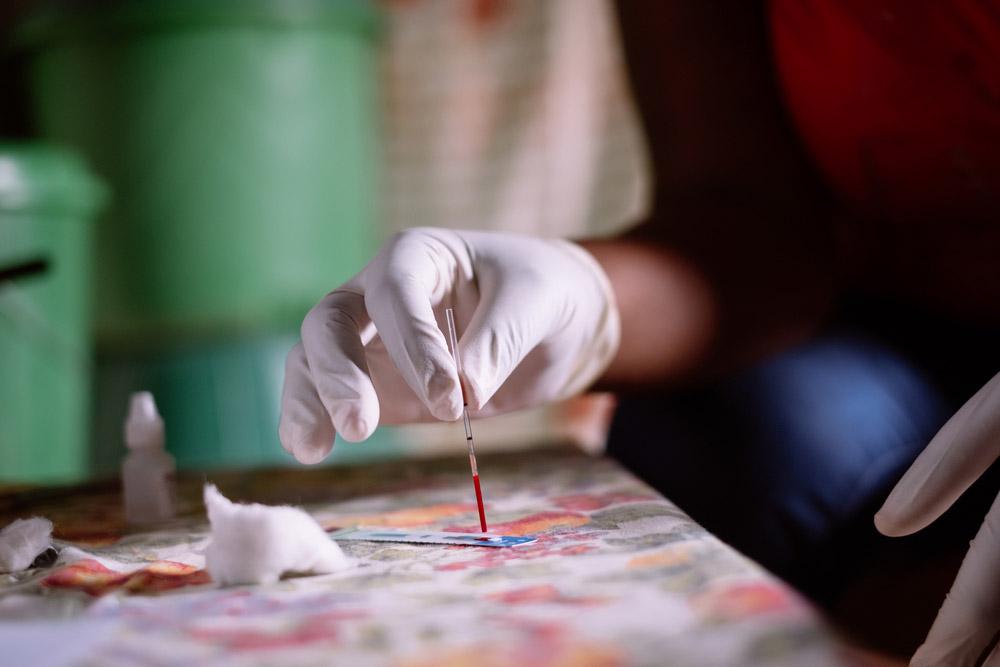
Self-care
We all want the power to invest in our wellbeing—to be able to take care of our emotional, physical and mental health. But without reliable information and appropriate tools, reasonable options and adequate support, it’s not always possible.
Self-care is changing the face of healthcare. It focuses on equipping and entrusting people to take a central role in their own health. For women, this can involve an important shift to being able to make decisions about their own care, when they may not have had this autonomy before.
In our Doctors Without Borders (MSF) programmes, we have seen how self-care can improve healthcare access and quality.
This International Women’s Day we want to share what self-care can achieve to empower women and girls in crisis-affected communities to enjoy healthier lives, just like women anywhere else in the world.
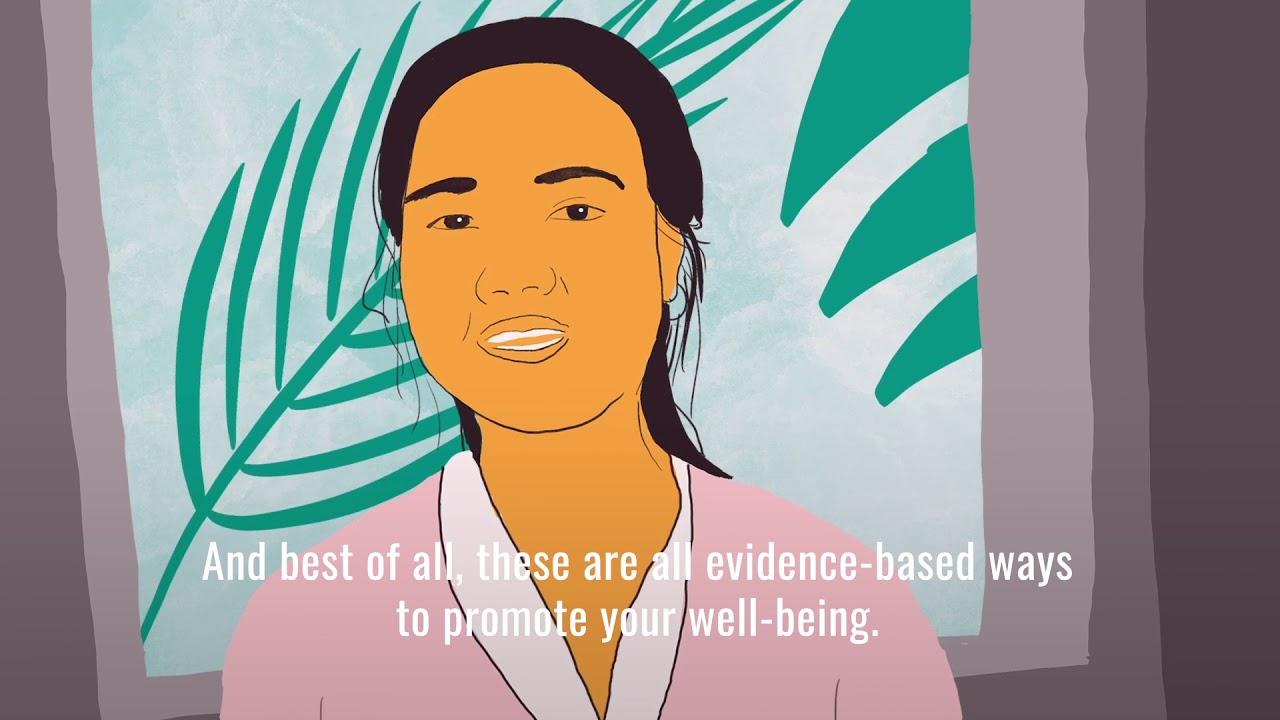
Self-care
What is self-care?
The World Health Organization (WHO) defines self-care as “the ability of individuals, families and communities to promote health, prevent disease, maintain health, and cope with illness and disability with or without the support of a health-care provider.”
As a medical humanitarian organisation, we are adopting self-care within a patient-centred approach, supporting people with the knowledge and skills to undertake self-care safely but retain access to formal health services when they need or wish.
Self-care includes:
- Self-management of medication, treatment, examination, injection and administration
- Self-testing ranging from sampling and screening to diagnosis, collection and monitoring
- Self-awareness, spanning self-help, self-education, self-regulation, self-efficacy and self-determination.
Self-care is not about people having to do all their own healthcare without support; it is about entrusting people to manage parts of their own healthcare if they choose to do so.
Simplified tests and treatments, point-of-care devices and mobile technology have all made self-care more possible in recent years—with great potential benefit for women and girls.
Self-care Tips: Manage your health
Take charge of your own health by becoming more familiar with your body and monitoring it regularly. Here are a few things you can do to ensure your health stays on track:

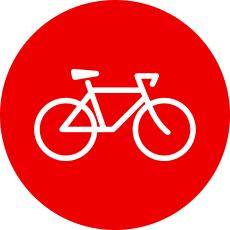
Ensure you’re moving your body adequately throughout the day—extended periods of time sitting can cause long term health issues. Stand and stretch at least once every hour, and try to exercise for 30 minutes each day.

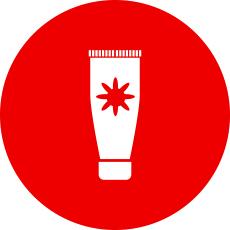
Use sun protection when you’re outside, and monitor any freckles, moles or skin blemishes for anything unusual. Things to look for are changes in shape or colour, or any pain or itchiness from skin marks.

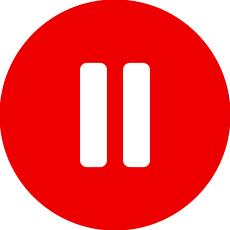
Taking care of your mental health is just as important as your physical health—take a few minutes each day to ground yourself in the present, be honest with how you’re feeling, and practise some deep breathing exercises.

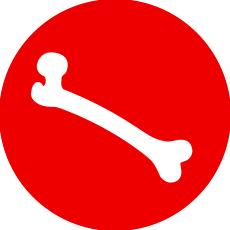
Bone health is important at every stage of life, particularly for women. Make sure you’re including enough calcium in your diet and getting essential Vitamin D, as well as including regular weight-bearing exercises in your daily routine.


Strengthening your pelvic floor is important for everyone, no matter what gender or age. Pelvic muscle training, or Kegels, should be done daily. Tighten the muscles in your pelvic area hold for five seconds, release for five seconds, and repeat.


It’s important to be aware of what your breasts look and feel like normally in case there are any changes. Note any concerning lumps, swelling, sensitivity or pain, and discuss any concerns with your doctor.

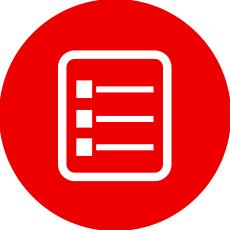
No one knows your body the way you do being involved in your health increases your likelihood of ongoing, sustained wellbeing. Know your preventative health checks, e.g. mammograms, skin cancer checks & cervical cancer screening & schedule them regularly
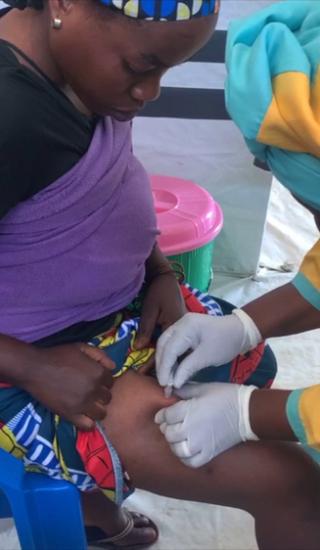
Why is self-care important for women?
In MSF contexts, women and girls can face social, economic, logistical and other barriers to accessing healthcare. Self-care can help overcome these barriers and expand access to quality care by providing options that are available closer to, or in, their homes.
Globally, many women still do not have access to essential healthcare and struggle with managing sexual and reproductive health issues that may be stigmatised.
Close to one in four women of reproductive age still has no access to modern contraception, to help her plan or limit her pregnancies. Just over half the people aged over 15 living with HIV around the world are women. Unsafe abortion remains a major cause of death in pregnant women globally who are unable to access a safe alternative.
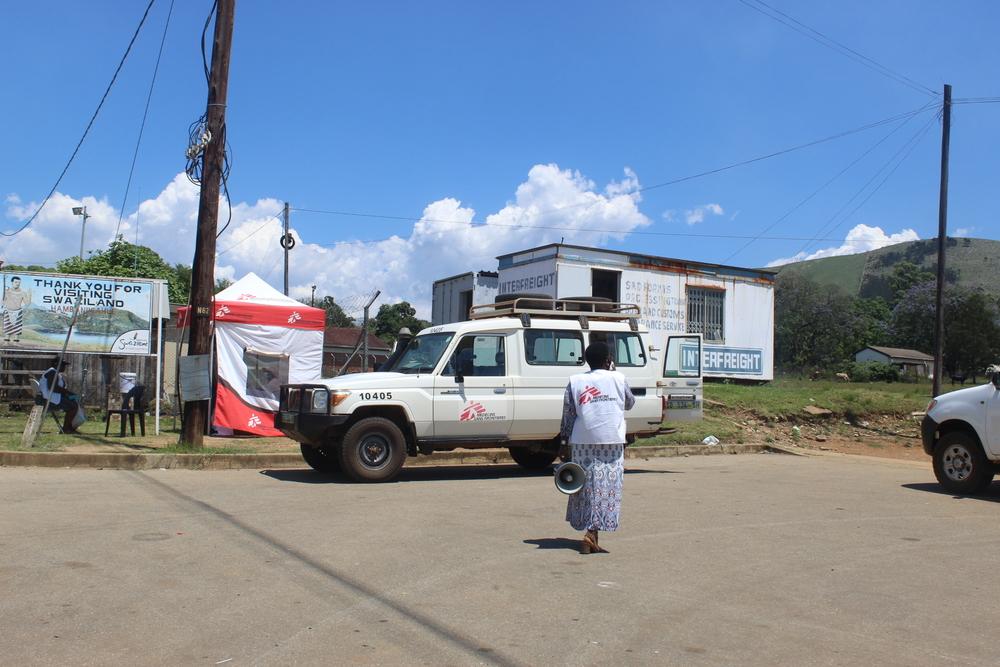
The many social, economic, logistical and other barriers to accessing healthcare can be compounded by violence and discrimination. The situation is also aggravated in acute humanitarian crises. Now, COVID-19 has amplified the health service discrepancies in these settings, worsening sexual and reproductive health outcomes. And while lockdowns have been instigated to keep us safe, they have also increased the danger for some women at home.
In such circumstances, the obstacles can be so great that women will neither come nor ask for care, even if they need it.
Self-care is an opportunity to address this, as recognised by the WHO with its first-ever self-care intervention guidelines in 2019, developed specifically for sexual and reproductive health.
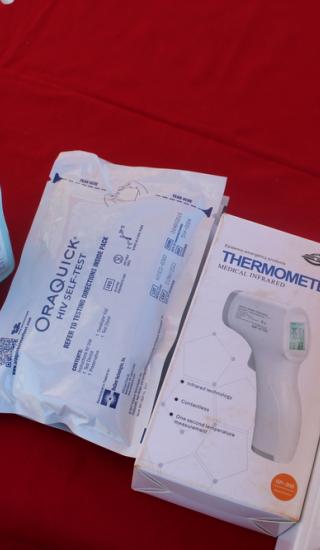
How does self-care improve healthcare, and health?
Self-care can improve women’s health outcomes and, particularly with the example of self-managed medication abortion, can be lifesaving (by reducing unsafe abortions).
Self-care can expand access to healthcare in remote locations, unstable contexts or areas with poor health infrastructure. It can extend healthcare outside the hospital or the clinic, beyond the doctor or the nurse. It can be a pragmatic response where healthcare resources are stretched but also enable links to care where they didn’t exist before.
Self-care interventions can deliver evidence-based and low-risk healthcare options directly and discreetly in the community or people’s individual homes—like self-injectable contraception. Offering more convenience or more confidentiality, self-care approaches can enable early diagnosis and more timely medical care—like HIV self-testing.
Through focusing on a woman’s individual needs, they can also improve the quality of care that she receives: care that is appropriate, respectful and built on trust.
For some women, self-care may be the only safe alternative, without which they may be forced to seek unsafe services or give up hope of care altogether. In the case of self-managed medication abortion to prevent an unsafe one, self-care can be lifesaving.
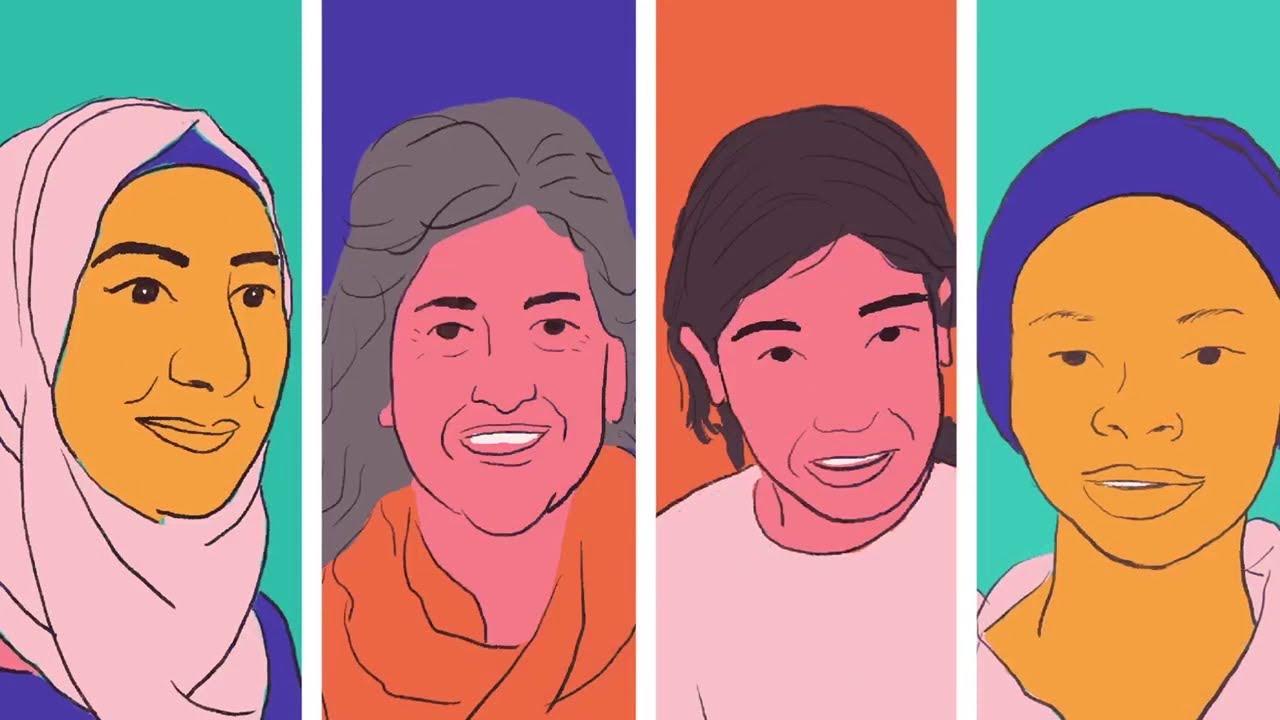
Taking Pre-Exposure Prophylaxis (PrEP) for HIV: Mumcy's story
How can women be empowered through self-care?
Self-care empowers women because it gives them access to information and services that allow them to decide on what works best for them. Women gain choices and autonomy.
Self-care also allows women to help and take care of others in their community, by sharing reliable information peer-to-peer, delivering care as community health workers, and engaging with people within the same lived experience and health needs.
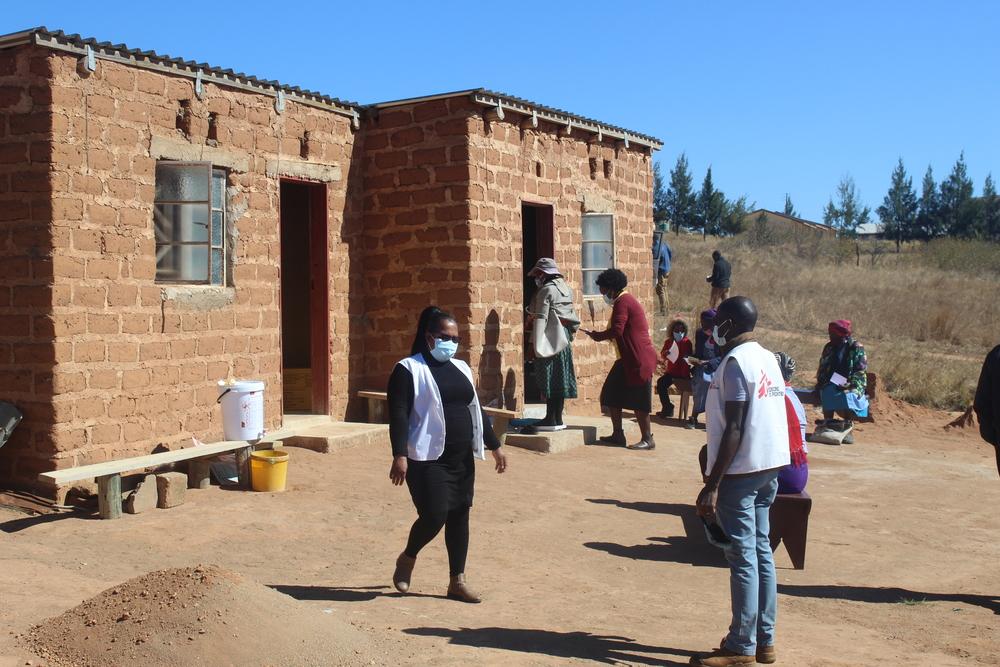
How is MSF supporting self-care?
In MSF, we’re currently building capacity for self-care as part of a patient-centred approach to healthcare. As the evidence base grows, we’re continuing to trial different interventions, to understand what works, and for whom. We know that often it is communities that can lead the way, and no model is one-size-fits-all.
Whatever the self-care option, we will always ensure that women have access to a trained health worker when they want or need one, and can be referred to the next treatment step without delay.
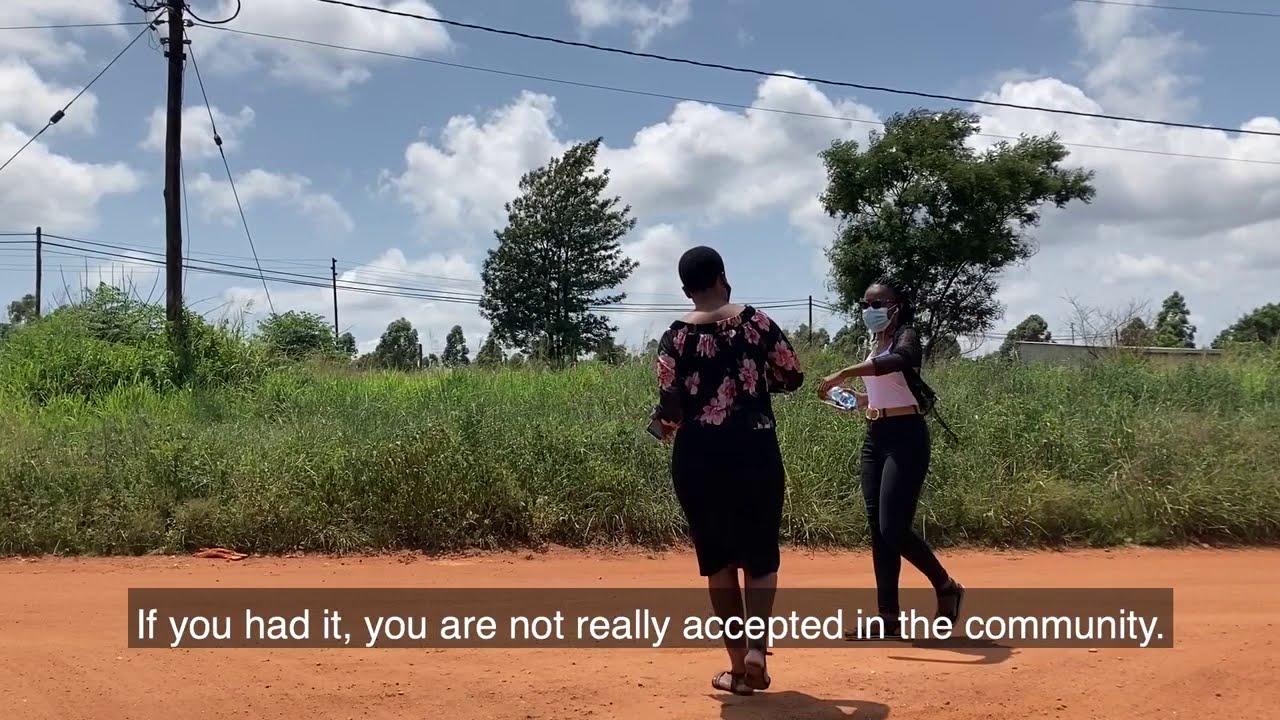
HIV self-testing: Thoko's Story
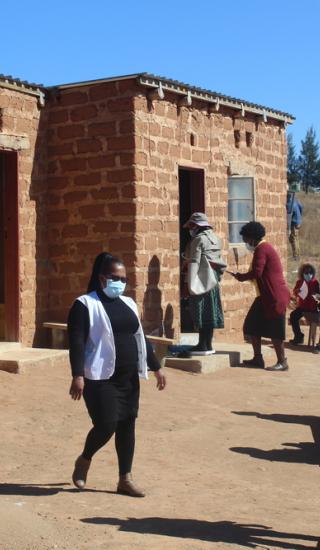
Where is MSF integrating self-care into its projects?
MSF is expanding self-care as part of a patient-centred approach to healthcare. Patients and their communities are entrusted with skills and tools to participate more fully in managing their own health safely, with the support of a skilled healthcare provider.
In Ituri Province in the Democratic Republic of Congo, we’ve introduced the self-injectable, long-acting contraceptive known by its trademark Sayana Press. Long-acting contraceptive injections have been available in our clinics before, but now women can manage the injections themselves.
With guidance on how to handle a needle safely and instruction on self-injecting by the clinical staff, women can take away up to four devices at a time to self-inject at home every three months. This ensures access to highly effective contraception for up to a year without repeat visits to the clinic, which may be simply time-consuming, or difficult in this conflict-affected area.
Sayana Press can be stored at room temperature and is easy to carry, which is helpful in this area where women and girls are often forced on the move. Women in Ituri like its simplicity and ease of use. About 3,000 doses of Sayana Press were provided to women in MSF projects in Angumu, Nizi and Drodro during 2020.
In Shiselweni district in Eswatini, we’ve been offering oral HIV self-testing in our HIV and TB prevention and treatment programme since May 2017. Eswatini has the highest prevalence of HIV in the world. Nationwide investment in comprehensive services has reduced transmission, but there is still considerable stigma attached to HIV, often associated with social inequality.
Knowledge is power, and for women, knowing their HIV status means they can take control of their own health. Many women in our programme have taken up the oral self-test; with a wait time of just 20 minutes for the results, they can test reliably once a month in the comfort of their home. They’re also motivated to go further: if they are at particularly high risk, to take up pre-exposure prophylaxis (PrEP); or encourage others to test, or take medication.
And if they face the challenge of a positive test result, our counsellors can support them, in person or via our hotline, to self-manage and continue their lives on antiretroviral treatment.
In our HIV, tuberculosis and sexual and reproductive health project for female sex workers in Malawi, which ran from 2014 to 2020, self-care was central to a peer-led model. Female sex workers in Malawi experience especially high rates of HIV and sexually transmitted infections, as well as sexual and gender-based violence, but face multiple obstacles to healthcare.
Like sex workers in many other parts of the world, they’re disadvantaged by low social and economic status, discrimination and criminalisation. In Malawi, we faced this head-on by involving them directly in our comprehensive package of care.
Female sex workers joined the project to be trained as peer educators and community health workers. Their activities touched on all three pillars of self-care: self-awareness, through promoting self-education for example; self-testing, via home tests for HIV and other conditions; and self-management, including prevention of unwanted pregnancy after unprotected intercourse or sexual violence.
This allowed female sex workers to have confidential access to information, care and other support around-the-clock from women like them, who understood their lives and their challenges. The community health workers then linked the women to the nearest ‘one-stop’ clinic for treatment and further support if necessary.
At the end of 2020, we handed over our activities to the Ministry of Health and several recently created sex worker community-based organisations lead by sex workers previously employed as community health workers by MSF in Malawi.
In Nablus, Palestine, our specialised mental health project for people with moderate to severe mental illness and victims of violence treats children to adults, among them victims of domestic violence. Last year, as COVID-19 lockdowns restricted movement in communities around the world, women in Nablus were suddenly trapped at home, with no escape. The only way we could reach them and continue our support was to pivot to tele-counselling—something new for our therapists and patients alike.
Evidence soon emerged worldwide that intimate partner violence was increasing in the pandemic. The situation in Nablus was no different and, concerningly, the abuse increased in severity as well, putting women’s safety at greater risk. But as testament to the women’s resilience, they adapted and innovated.
They worked with their therapists to develop safety plans; they established self-care regimes to help reduce their anxiety when things were calm; they chose code words to warn that their partner could overhear the counselling call. In fact, fewer women dropped out of counselling than was the norm before.
Once lockdowns eased, although numbers were restricted, it was important to be able to see the highest priority patients face-to-face again. But COVID-19 has shown that tele-counselling can be feasible and effective, and can be offered in addition to face-to-face therapy as another pathway to care.
In Gutu district in Zimbabwe last year, our cervical cancer prevention and early treatment programme with the Zimbabwean Ministry of Health and Child Care was the springboard for a trial comparing women self-swabbing for human papillomavirus infection versus being swabbed by a nurse. Without better access to cervical cancer prevention, women in high prevalence countries like Zimbabwe continue to face a premature death.
The screening method known as Visual Inspection with Acetic Acid, the mainstay of our programme and others like it, needs human resources, training and equipment that can limit its roll-out. What if the simpler high vaginal swab to collect an HPV DNA sample could be effectively conducted not only by nurses but the women themselves? It could significantly expand access to diagnosis for women unable to access healthcare workers or clinics.
The trial found nurses and lay patients equally effective in collecting a sample. Most women found the self-collection procedure comfortable, and almost all would recommend self-collection for HPV testing to a friend. We look forward to delving more into the preferences of women and nurses in participating in this care.
Since 2016, MSF has worked with 143 community peer educators for the SRH project in Mbare. These peer educators are recruited from the community. They are experts by experience, some having been sex workers, teen parents, HIV expert patients, school dropouts, drug and substance use survivors, to mention but a few. The peer educators graduate around the age of 23 to make way for new peer educators. When volunteering for MSF, they receive a scholarship to support their dreams.
Tanatswa (20) is a vibrant peer educator for Doctors Without Borders (MSF). She is a core member of the MSF Sexual Reproductive Health (SRH) project in the high-density suburb of Mbare, Harare in Zimbabwe.
In sexual and reproductive health, safe abortion is the most restricted of all care. But thanks to medication abortion and its regimen of pills taken over 24 hours, termination of pregnancy has not only been simplified, but it can also be available in the privacy of a woman or girl’s own home.
In our experience, self-managed abortion can be managed in several ways. In our remote support service, women can come to the health facility for an assessment and receive the drugs and instructions for use; be remotely counselled and emotionally supported through the safe abortion care until the process is complete; and only need to visit the facility again if they have a (rare) complication or any concern.
They will also receive family planning advice and the contraceptive of their choice. Or they can be assessed and supported remotely, receiving the medication separately.
Depending on the context, this is a game-changer for unmarried women, victims of rape, displaced women, and any other woman who has an unwanted pregnancy and wishes to manage it privately. Women tell us this and tell each other. The next step is to continue to adapt the service and make it more accessible, through toll-free hotlines and home delivery of the medication and instructions, for example.
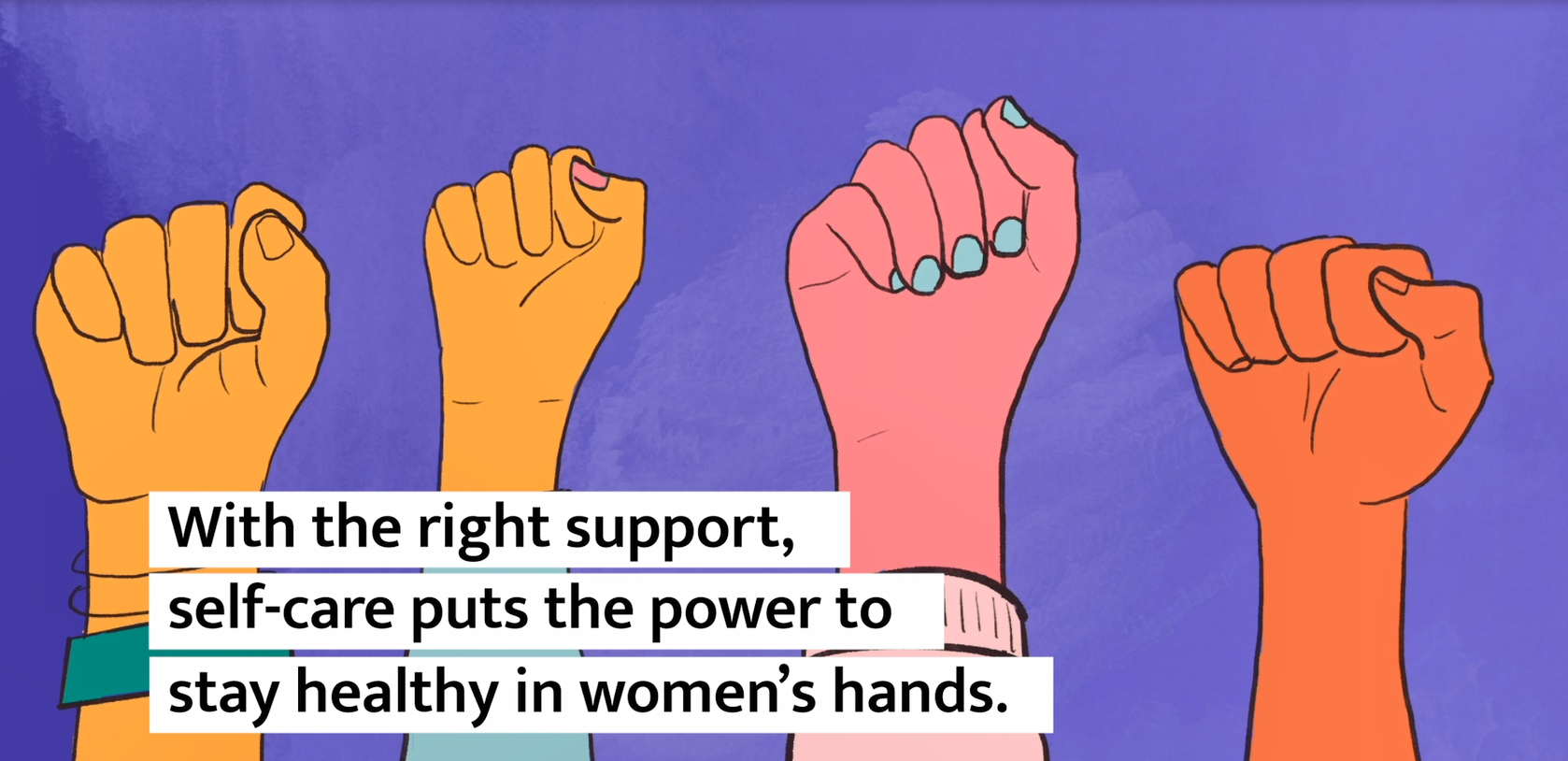
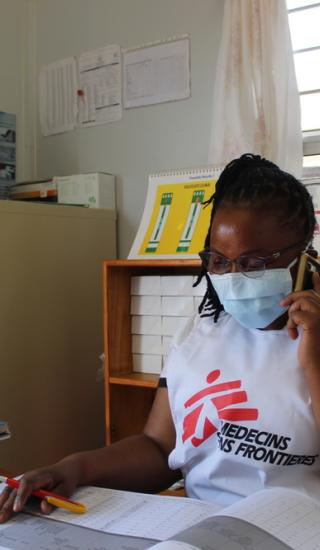
Conclusion
Self-care can improve women’s health outcomes and, particularly with the example of self-managed medication abortion, can be lifesaving.
There is great potential to expand quality, patient-centred care for women and girls through self-care approaches, especially in contexts where our teams works: places affected by an acute crisis, or hard to reach. Self-care should always be linked to more formal care, but it can play a particularly useful role where there is little health infrastructure or few health workers, or marginalised people needing care outside of a formal system.
From our experience in such settings, working with health authorities, local organisations and grassroots communities, we believe much can be achieved to build the capacity to integrate self-care, and allow women and girls to contribute to their own health and wellbeing.
Let’s empower women and girls by trusting that given the right information and tools, they can engage in their own self-care to stay healthy, no matter where they live.